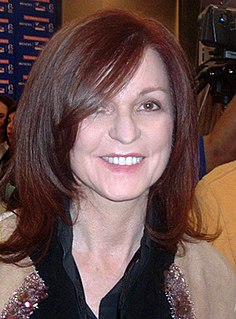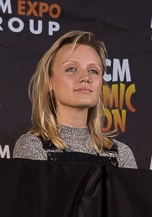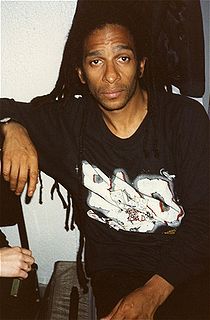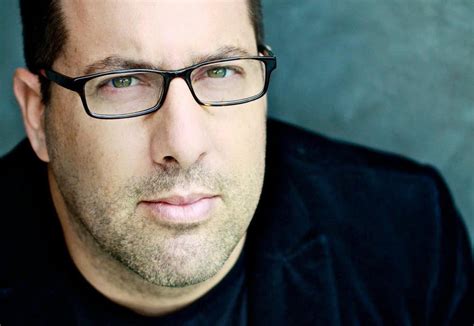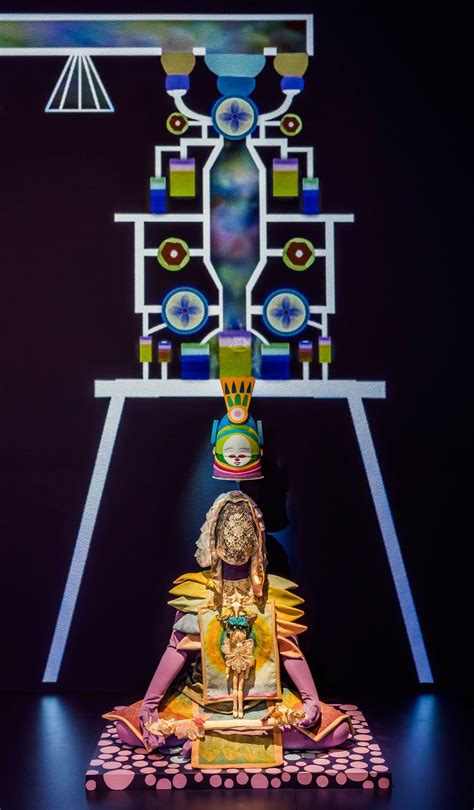A Quote by Maureen Dowd
Just because digital technology makes connecting possible doesn't mean you're actually reaching people.
Related Quotes
I imagine if you're one of those genius people working on AI, the desire to find out what's possible is presumably the driving factor, but I hope there are just as many people who are thinking about what we actually want. Just because something's possible it doesn't mean it's going to be good to us.
I actually prefer to work in as many different genres as possible as often as possible because I actually think the best way to be inspired and avoid any writers block or things like that is actually to be able to go from a comedy to an action to a horror to a adventure, that actually makes it easy for me to start over and get new ideas, and it keeps things interesting.
The fact that something is actually understandable and relatable doesn't mean that it's unsophisticated or banal. It just means that it's crystal-clear. And if you can't explain it, that doesn't necessarily mean it's so brilliant that ordinary mortals can't fathom it. It might just mean that it makes no sense.
If you need to strap a camera to you or get in a small space, then it makes sense to use digital.I do think it is possible to use a digital camera artistically, but it can only be good if you are using film technique. Film has grain, and digital has pixels, and there is not that much of a difference, but digital does not replace the need to create a scene and light it properly and spend time considering the shot.
There's something very satisfying about old cameras because they're ingenious. I mean when you take them apart and actually see, 'Oh, this is how we make photographs,' it's an ingenious thing, but it feels like it's in a way a layman can appreciate, whereas a digital camera, I don't even begin to know what goes into making a digital camera.
What’s next for technology and design? A lot less thinking about technology for technology’s sake, and a lot more thinking about design. Art humanizes technology and makes it understandable. Design is needed to make sense of information overload. It is why art and design will rise in importance during this century as we try to make sense of all the possibilities that digital technology now affords.
People over the age of thirty were born before the digital revolution really started. We've learned to use digital technology-laptops, cameras, personal digital assistants, the Internet-as adults, and it has been something like learning a foreign language. Most of us are okay, and some are even expert. We do e-mails and PowerPoint, surf the Internet, and feel we're at the cutting edge. But compared to most people under thirty and certainly under twenty, we are fumbling amateurs. People of that age were born after the digital revolution began. They learned to speak digital as a mother tongue.
A lot of environmental and biological science depends on technology to progress. Partly I'm talking about massive server farms that help people crunch genetic data - or atmospheric data. But I also mean the scientific collaborations that the Internet makes possible, where scientists in India and Africa can work with people in Europe and the Americas to come up with solutions to what are, after all, global problems.
